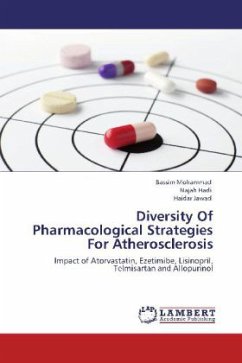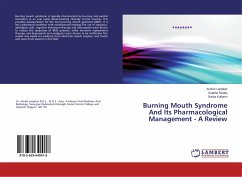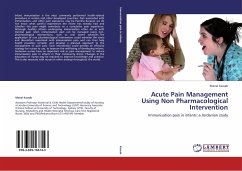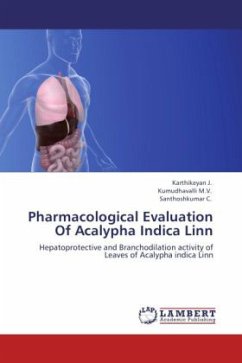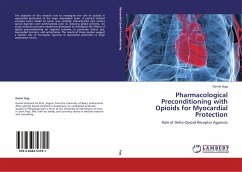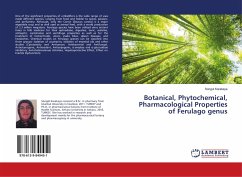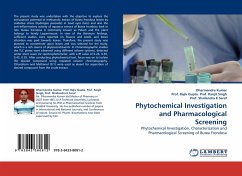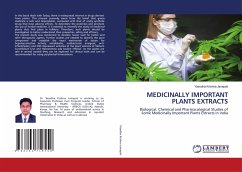Atherosclerosis and its complications are responsible for about 40% of deaths in the developed world and for about 30% of fatalities in developing nations.However, despite the consistent effects of lipid-lowering medications in reducing cardiovascular morbidity and mortality, the reductions in clinical events remain modest, ranging from 25 to 35%. In addition to lipid modification, blockade of renin angiotensin system, reduction of oxidative stress, augmentation of nitric oxide availability, reduction of Ca2+ influx as well as attenuation of inflammation, platelet activation, smooth muscle cells proliferation and stabilization of plaque have been recognized as emerging targets for drug treatment to control the development and progression of the atherosclerotic disease process. This book emphasises on anti-atherosclerotic potential of diverse drugs namely atorvastatin, ezetimibe, lisinopril, telmisartan and allopurinol.
Bitte wählen Sie Ihr Anliegen aus.
Rechnungen
Retourenschein anfordern
Bestellstatus
Storno

